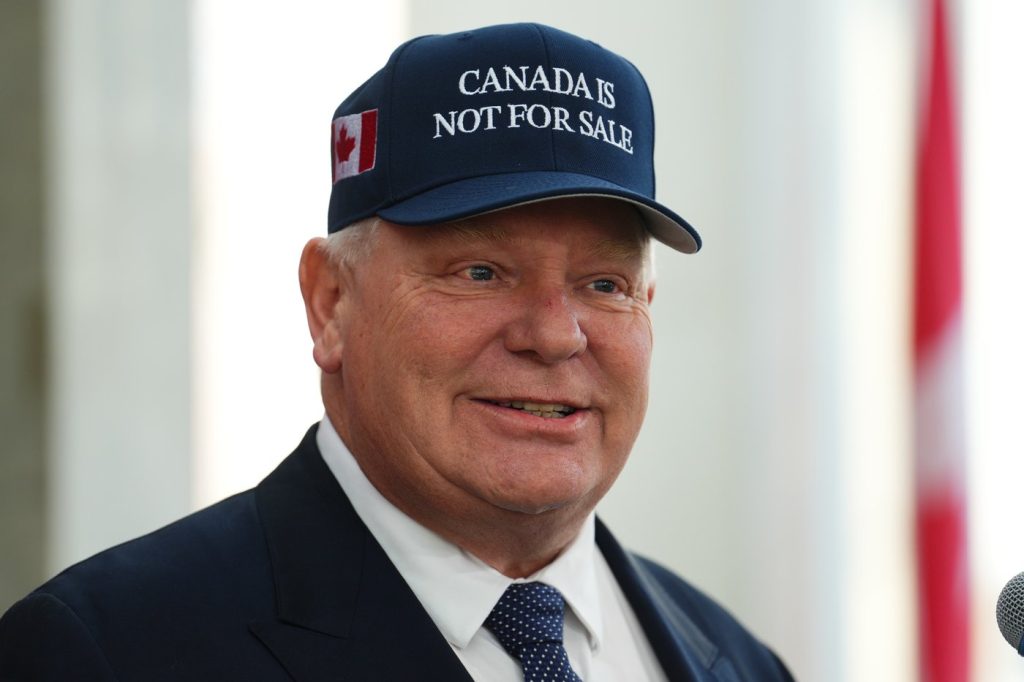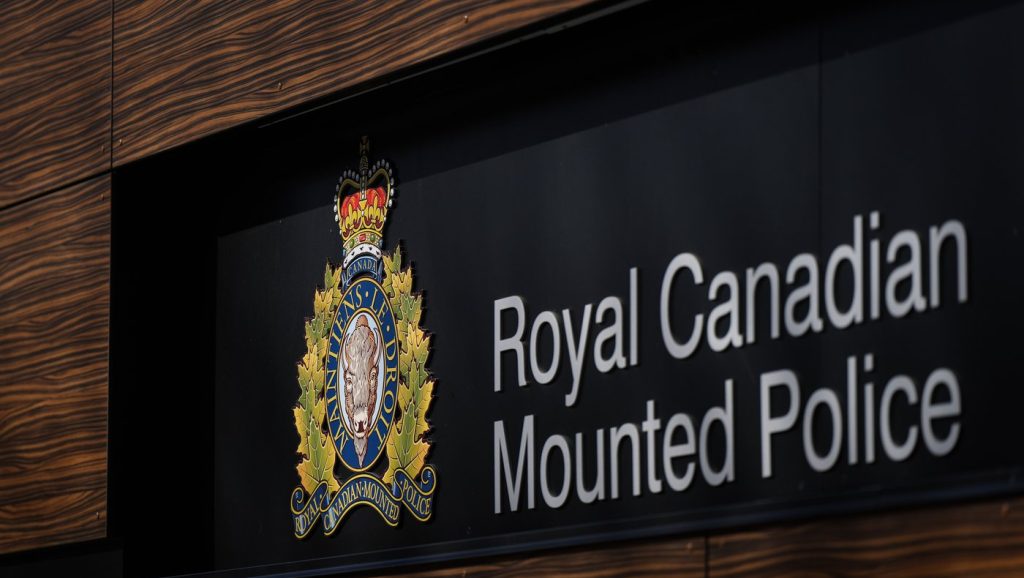Premiers urge unity in face of U.S. tariff threats, Alberta demands energy exemption

Posted Jan 15, 2025 05:00:22 AM.
Last Updated Jan 16, 2025 12:31:10 PM.
OTTAWA — The country’s premiers emerged from a key meeting about Canada-U.S. relations in Ottawa on Wednesday with a message of unity and a pledge to stand together, with one exception: Alberta’s Danielle Smith, who said she cannot support the federal government’s plan if energy export tariffs could be a part of it.
Prime Minister Justin Trudeau, who chaired the first ministers’ meeting, said it was “highly productive.”
“We have a shared sense of purpose, a shared sense of understanding, and a commitment to stand together on a united path forward,” he said.
Saskatchewan Premier Scott Moe, who has long been a vocal critic of Trudeau’s Liberal government, began Wednesday by echoing Smith’s concerns that blocking energy exports to the United States would trigger a national unity crisis.
After the meeting, he struck a diplomatic tone.
“Canadians can be thankful their 13 premiers, the prime minister and a few federal ministers are coming together not only to hash out what those differences might be, but to understand where we can come together,” Moe said.
But as the premiers spoke to reporters in Ottawa, Smith, who attended the meeting remotely while on vacation and didn’t take part in the press conference, took to social media to explain why she refused to sign a joint statement with her colleagues.
“Alberta will simply not agree to export tariffs on our energy or other products, nor do we support a ban on exports of these same products. We will take whatever actions are needed to protect the livelihoods of Albertans from such destructive federal policies,” said Smith.
She added that Canada needs to “correct the misguided direction of this country” and focus on developing, upgrading and exporting oil and gas and other resources.
Ontario Premier Doug Ford, chair of the Council of the Federation, said he respects that Smith is concerned with protecting Alberta energy but he believes incoming U.S. president Donald Trump is trying to divide and conquer.
“He’s coming full-tilt at Canadians as a whole, and that’s one thing we have to understand. We need to be united,” Ford said.
Trump has threatened to impose a 25 per cent tariff on all Canadian goods beginning on Jan. 20, inauguration day.
While he initially said the tariffs were being imposed in response to drugs and illegal immigration crossing the shared border, he has since pivoted to citing the United States’ trade deficit with Canada.
Senior government officials have previously said Ottawa is looking at imposing retaliatory tariffs on things like American steel, ceramics, plastics and orange juice.
Trudeau said Wednesday he supports the principle of a dollar-for-dollar response to the American tariffs, but said Canada must wait to see what Trump actually does next week before laying out a response.
“We’ll make sure that it’s fair across the country, but nothing can be off the table if the U.S. continues to choose to move forward with these punishing tariffs on both Canadians and Americans,” Trudeau said.
He also opened the door to providing federal bailouts for industries or regions that are affected by tariffs.
“We’ve made the commitment to do everything we can, and I know everyone around the table has agreed to, if their region is less impacted, they’ll do what they can to help out regions that are more impacted,” he said.
Canada is the top supplier of foreign oil to the U.S. and accounts for about one-fifth of its oil supply.
Energy Natural Resources Minister Jonathan Wilkinson, who was in Washington, D.C., on Wednesday, said initial retaliatory tariffs will be targeted.
“If we have to do more we will look at other things, but the idea of tariffing energy will probably be one of the last things,” he said.
Trudeau and the premiers said they plan to continue making the case to the Trump administration that tariffs will hurt American businesses and industry, too.
“The question that we ask ourselves first and foremost is, if the new administration chooses to bring in tariffs, what is it that we can do that result in the lifting of those tariffs as quickly as possible?” Trudeau said.
This report by The Canadian Press was first published Jan. 15, 2025.
Sarah Ritchie and David Baxter, The Canadian Press








